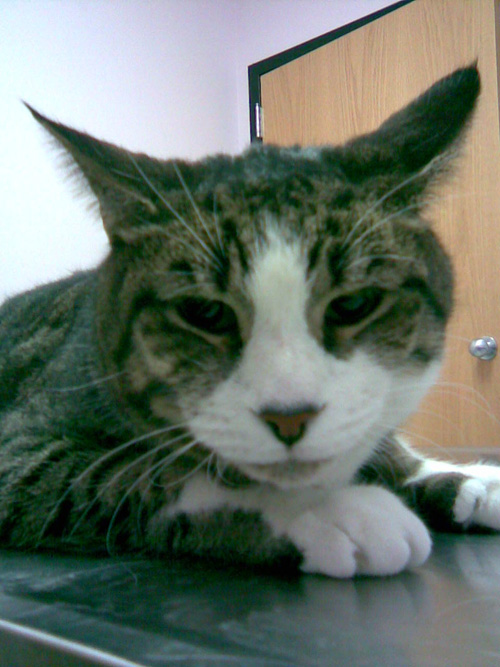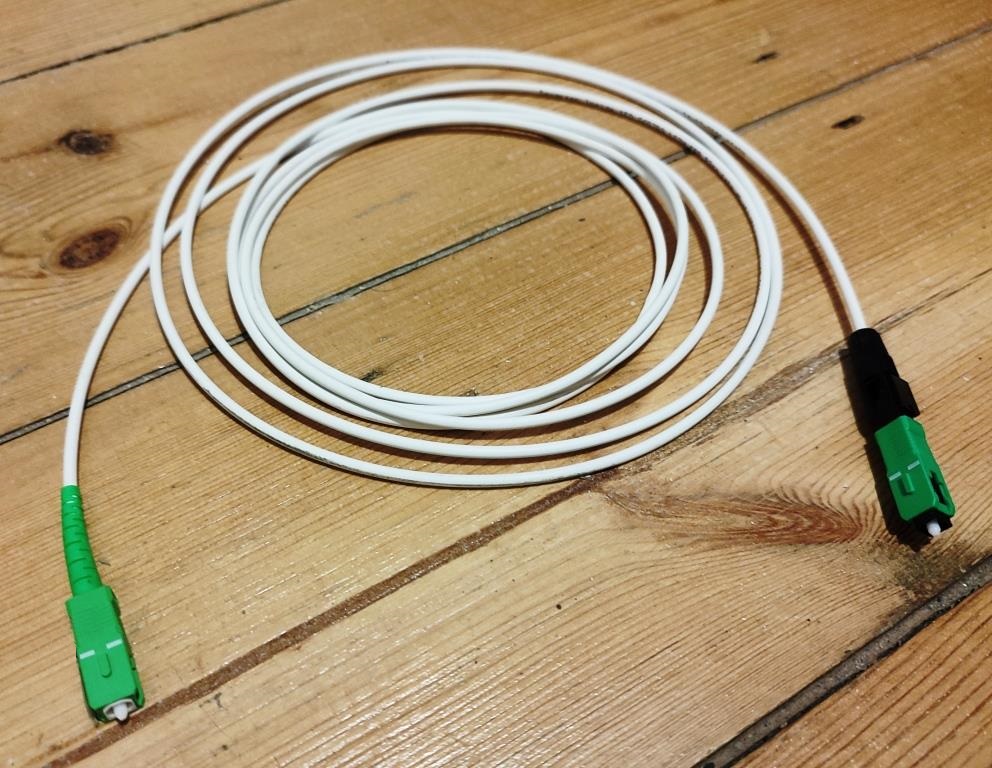As pet owners, we all want our furry friends to be happy and healthy. However, sometimes our pets can experience digestive issues that can cause discomfort and distress. One common problem that many pets face is constipation. While there are various reasons why pets may become constipated, one solution that can help alleviate this issue is adding fiber to their diet. In this article, we will explore the benefits of fiber for pets and how it can help relieve constipation. So, let’s dive into the world of fiber and discover how it can improve your pet’s digestive health.
1. “Unlocking the Secret to Happy Tummies: The Power of Fiber for Pets”
Fiber is an essential nutrient for pets that plays a crucial role in maintaining their digestive health. It is a type of carbohydrate that cannot be digested by the body, but it helps to regulate bowel movements, prevent constipation, and promote the growth of beneficial bacteria in the gut. Fiber can be found in a variety of foods, including fruits, vegetables, grains, and legumes.
One of the main benefits of fiber for pets is that it can help to prevent obesity and maintain a healthy weight. This is because fiber helps to keep pets feeling full and satisfied, which can reduce their overall calorie intake. Additionally, fiber can help to regulate blood sugar levels, which can be especially beneficial for pets with diabetes. Some good sources of fiber for pets include pumpkin, sweet potato, green beans, and brown rice. Incorporating these foods into your pet’s diet can help to promote a healthy digestive system and overall well-being.
2. “Say Goodbye to Constipation Woes: How Fiber Can Help Your Furry Friend”
Fiber is an essential nutrient for your furry friend’s digestive health. It helps regulate bowel movements, prevent constipation, and maintain a healthy gut. If your pet is struggling with constipation, adding fiber to their diet can be a game-changer.
There are many sources of fiber that you can incorporate into your pet’s diet, such as:
- Green leafy vegetables like spinach and kale
- Pumpkin and sweet potato
- Oatmeal and brown rice
- Beans and lentils
It’s important to introduce fiber gradually to your pet’s diet and make sure they have access to plenty of fresh water. If your pet has a sensitive stomach or any underlying health conditions, consult with your veterinarian before making any changes to their diet.
3. “From Flaxseed to Pumpkin: Exploring the Best Sources of Fiber for Your Pet’s Digestive Health
From Flaxseed to Pumpkin: Exploring the Best Sources of Fiber for Your Pet’s Digestive Health
Fiber is an essential nutrient for your pet’s digestive health. It helps to regulate bowel movements, prevent constipation, and promote the growth of healthy gut bacteria. However, not all sources of fiber are created equal. Here are some of the best sources of fiber for your pet:
- Flaxseed: Flaxseed is a great source of both soluble and insoluble fiber. It also contains omega-3 fatty acids, which can help to reduce inflammation in the gut.
- Pumpkin: Pumpkin is a well-known source of fiber for pets. It is high in both soluble and insoluble fiber, and can help to regulate bowel movements. It also contains beta-carotene, which is good for your pet’s skin and coat.
- Sweet Potato: Sweet potato is another great source of fiber for pets. It is high in both soluble and insoluble fiber, and also contains vitamins A and C.
Other good sources of fiber for your pet include brown rice, oatmeal, and green beans. When choosing a source of fiber for your pet, it is important to consider their individual needs and dietary restrictions. Always consult with your veterinarian before making any changes to your pet’s diet.
In conclusion, fiber is a crucial component of a pet’s diet that can help alleviate constipation and promote overall digestive health. By incorporating fiber-rich foods into your pet’s meals and ensuring they have access to plenty of fresh water, you can help keep their digestive system running smoothly. Remember to consult with your veterinarian before making any significant changes to your pet’s diet, and always keep an eye out for any signs of discomfort or irregularity. With a little bit of care and attention, you can help your furry friend stay happy, healthy, and regular.

